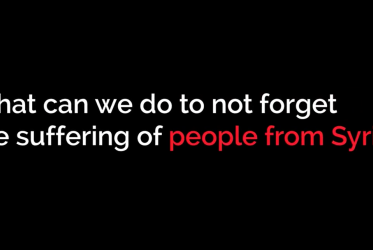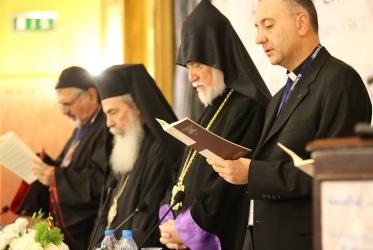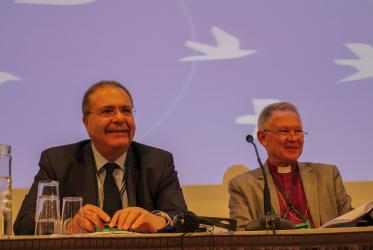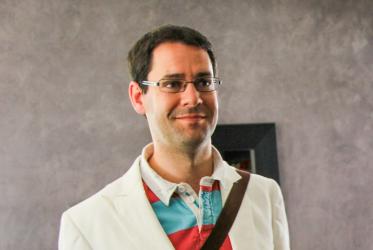Displaying 81 - 100 of 162
28 November 2016
Out of the darkness
28 November 2016
Paralyzed by shock
28 November 2016
Driven out
28 November 2016
Middle East Council of Churches convenes
08 September 2016
‘Unprecedented times of hopelessness’ in Holy Land
11 July 2016
Is there hope for the Middle East?
25 June 2016
Beirut workshop fosters cooperation on diakonia
14 June 2016








